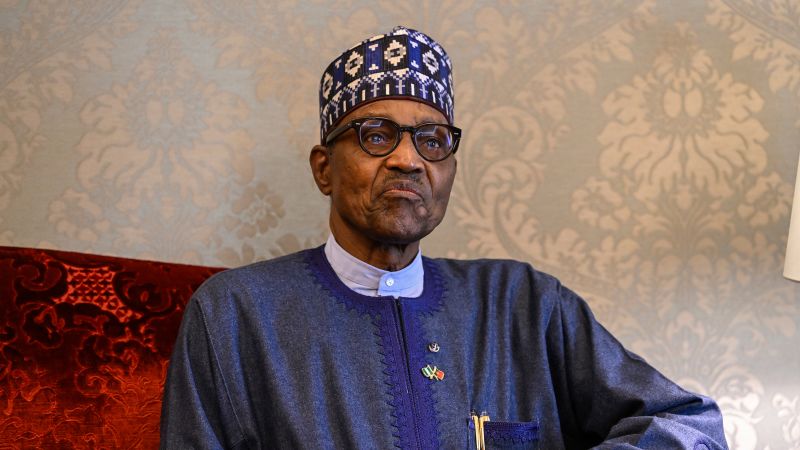Former Nigerian President Muhammadu Buhari has died at the age of 82. His passing was confirmed by the presidential press office in a statement released on Sunday, noting that he passed away in London at approximately 16:30 local time after a “prolonged illness.” Current Nigerian President Bola Ahmed Tinubu expressed his condolences to Buhari’s family and instructed his vice president to travel to the UK to facilitate the return of Buhari’s body to Nigeria.
Buhari’s political journey began with a military coup in 1983, which marked his initial rise to power. He was later overthrown in another military coup in 1985. After decades of political involvement, he successfully ran for president in the 2015 elections, following three unsuccessful attempts. Buhari was re-elected for a second four-year term in 2019.
Legacy of Leadership and Challenges
Buhari will be remembered for his strong anti-corruption initiatives in a country often described as “fantastically corrupt” by former British Prime Minister David Cameron. His administration aimed to tackle pervasive corruption within various sectors of the Nigerian government.
Supporters commend Buhari for his firm stance against the Boko Haram insurgency, which has long plagued Nigeria’s northeastern region. His military background, having served as a general, informed his approach to issues of national security. Born in December 1942 in Daura, Katsina state, Buhari completed military training in several countries, including the United Kingdom, India, and the United States.
Buhari first gained political prominence in 1975 after a military coup that led to the overthrow of then-ruler Yakubu Gowon. Following this, he served as the military governor of Borno state, a position that placed him at the forefront of the ongoing challenges posed by Boko Haram.
Reactions and Mourning
The announcement of Buhari’s death has prompted reactions from various segments of Nigerian society and beyond. President Tinubu’s message of condolence highlights the profound impact Buhari had on the nation during his time in office. As the country mourns this significant loss, many reflect on Buhari’s complex legacy, characterized by both his efforts to combat corruption and the ongoing security challenges Nigeria faces.
Buhari’s death marks the end of a significant chapter in Nigeria’s political history. His legacy will continue to influence discussions about governance and security in the West African nation for years to come.
